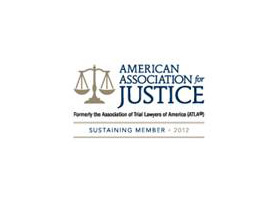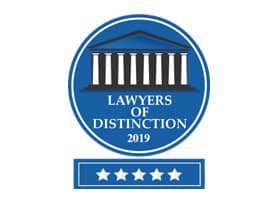Using Deposition Testimony to Support Your Lawsuit
If you’ve never been involved in a lawsuit, you may have heard the term “deposition,” and wondered exactly what it is, and how it is used during the legal process. If you have been hurt because of someone else’s negligence, a deposition can be an essential tool to build and present your case to a judge and jury.
What Is a Deposition?
In the American civil justice system, we have what is known as “open discovery.” This means that both sides in a lawsuit are entitled to full disclosure of all evidence relevant to the case. Though the onus is on each party to request or gather evidence, a party may not intentionally hide or keep evidence from the other side.
One of the key components of the discovery system is the deposition. A deposition is essentially an opportunity for attorneys to gather evidence by asking questions of a potential witness. The witness is under oath, and the testimony is customarily recorded by a licensed court reporter. As a general rule, you only seek to depose witnesses who might be hostile toward your case. You are not obligated to depose all witnesses, and if you have a witness who will support your claim, it becomes the responsibility of opposing counsel to depose that witness, if they want to find out what the witness knows and what the witness may say at trial.
The Use of Deposition Testimony
One of the key reasons for deposing a witness is the preservation of evidence. Even if the witness dies, you can still have the testimony read to the jury (provided it is admissible under the rules of evidence) at trial. Deposition testimony can also be used to refresh a witness’s recollection, if a significant period of time has elapsed before trial.
Deposition testimony can be used to gather additional information. The witness may know others who can testify to the events that happened, or may have documents, pictures or other physical evidence to support your claim.
Additionally, deposition testimony may be used to challenge the credibility of a witness in court. If you can show that the witness gave a different story at trial than he or she gave in a deposition, you may be able to get the jury to discount their testimony.
Contact Our Office
To schedule a free initial consultation, contact our office online or call us at 973-993-8787 to set up a free initial consultation. We have office locations in Morristown and Newton, but will visit you in your home or the hospital, if necessary.
We take all motor vehicle accident injury claims on a contingency basis. You will not incur legal fees unless attorney Popper recovers compensation for your losses













